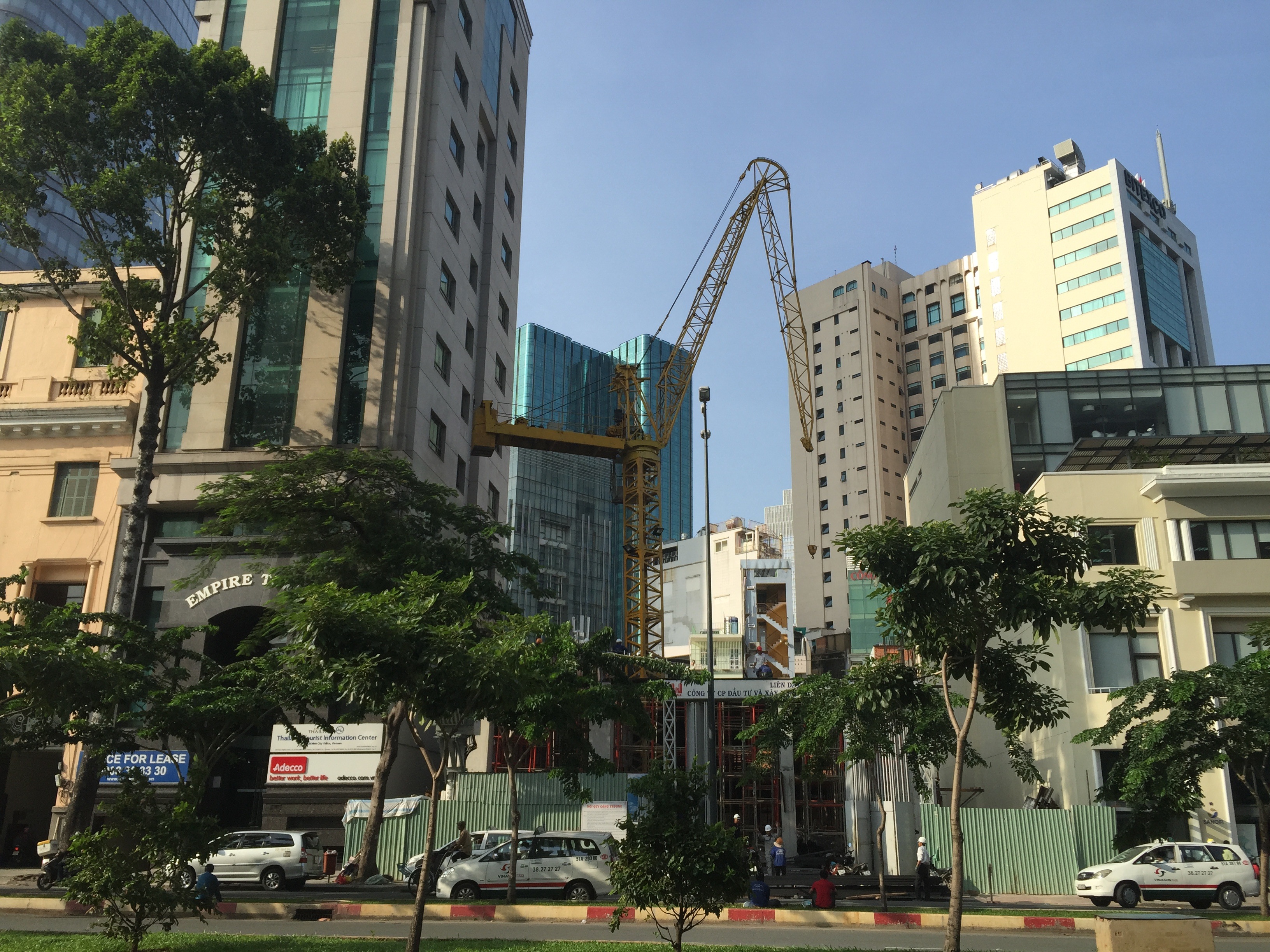-
Vietnam Investment Update: November 2015
-
November continued to see encouraging news affecting the investment climate of Vietnam, dominated by the anticipation of the Trans Pacific Partnership (TPP) and recently released data that shows Foreign Direct Investment (FDI) from January through November has reached a record high.
FDI soars
Data released at the end of November by Vietnam’s General Statistics Office showed that the country has received US$20.22 billion in FDI since the beginning of the year, a surge of 16.7 percent over the same period last year. Of this, $13.55 billion came from 1,855 new foreign invested projects, while the remaining came from 692 existing projects increasing their capital. Manufacturing and processing led the way, contributing $12.93 billion, or 64 percent, followed by the energy sector then real estate. Other sectors in which Access Asia has seen a spike in foreign investment interest include IT, E-Commerce, and health.
During this eleven-month period, South Korea was the largest source of FDI contributing more than $2.5 billion, followed by Malaysia (just over $2.4 billion), the United Kingdom ($1.3 billion) and Japan ($1.26 billion). Vietnam is well on target to attract $23 billion in FDI pledges for the year, which would be a surge of nearly 40 percent from 2014.
China Overtures
Overtures were made in November by Vietnam’s largest but most problematic trading partner, China, as Chinese President Xi Jinping visited the country to help restore ties strained over territorial disputes in the South China Sea. It was the highest level visit of a Chinese official to Vietnam in a decade – and it was no doubt also sparked by anticipation of the TPP trade deal. The deal, which still has to be ratified by lawmakers in each of the 12 participating countries before it comes into effect, will reduce Vietnam’s reliance on China as its largest trading partner, through greater exports to the United States, Japan, Australia, and other members of the pact. Eager to bolster Vietnam’s pro-China leadership faction (led by Party Secretary General Nguyen Phu Trong and Defense Minister Phung Quang Thanh), economic overtures were made during the visit with China’s granting of a five-year loan worth US$ 200 million. Prior to the visit, Xi also said Beijing would seek to reduce its large and increasing trade surplus with Vietnam, which rose to nearly $25 billion in 2014. Although China’s increasing assertiveness over disputed territory in the South China Sea and geopolitical maneuvering will continue to strain China-Vietnam relations, bilateral trade will remain a key stabilizer.
Cheap Chinese steal imports threatening local industry
Although Vietnam’s trade reliance on China would be reduced following the advent of TPP, low priced raw materials and machinery imported from China will still be critical for Vietnamese imports – as they are now. A consequential example of this recently highlighted in Vietnamese media is that there has been an influx of cheap steel imports from China that many view is threatening the local steel industry. Making using of a tax loophole, many of the steel billets have been added with 0.3-0.4 percent chrome – which provides no added quality but allows them to be imported duty free under Vietnamese tax laws. Following complaints from the Vietnam Steel Association, the Ministry of Finance is considering imposing a 10 percent import duty on chrome alloy steel, while the Ministry of Industry and Trade has launched an investigation into numerous Chinese importers.
Tax crackdown
Amid budget concerns and rising public debt, Hanoi has ordered local government and state agencies to collect some US$3 billion in back taxes from both Vietnamese and foreign companies by the end of the year. One of the foreign companies is Canadian gold miner Besra, which according to the government owes US$16.93 million in back taxes. The company is not allowed to export any shipments until these taxes are paid, according to a government spokesman quoted in Vietnamese media in late November. This case, however, is not just about a tax issue; Vietnam is a challenging jurisdiction for foreign mining companies as there are vested state interests in the sector that is dominated by the state-owned Vietnam Coal and Minerals Industries Corporation. Having a strong and reputable local partner is key to success in this sector for a foreign firm.
Meanwhile, Coca-Cola in Vietnam is reportedly being put under scrutiny as the Ho Chi Minh City Tax Department has set up a transfer pricing task force and is calling for a probe into alleged transfer pricing practices of Coca-Cola Vietnam. This comes after the soft drink giant made its first corporate tax payment to Vietnamese authorities this year after claiming two decades of losses.

